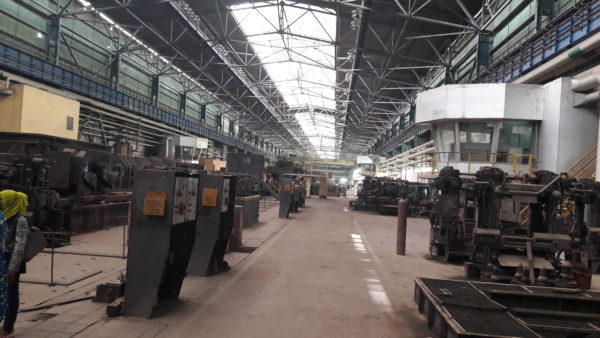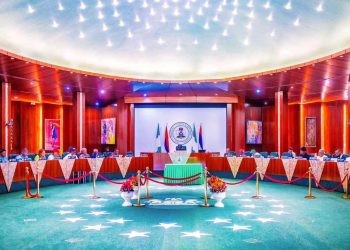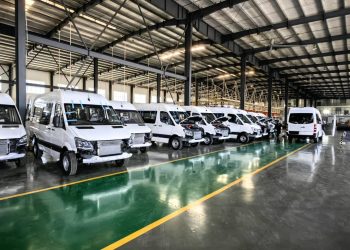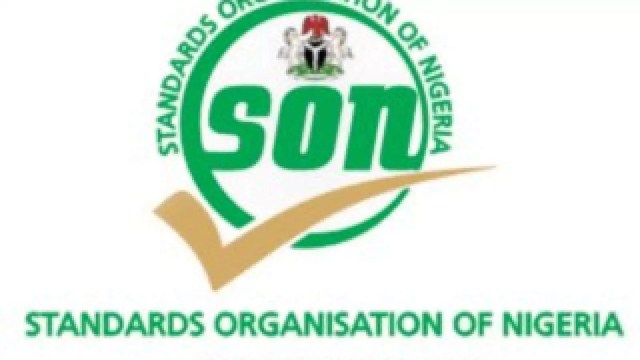The Minister of Mines and Steel Development, Olamilekan Adegbite says that 11 companies, including three from Russia, are in the concession bid for Ajaokuta Steel Company.
Adegbite said in Abuja on Thursday at the ninth edition of President Muhammadu Buhari Administration’s Scorecard Series (2015 to 2023).
“We hope that we can give Ajaokuta to a company, not just on a concession basis, but on equity participation. We’re talking of companies who intend to bring their own money into Ajaokuta to make sure that it works.
“The plant is still good. If we put in the right amount of capital, it’ll start producing in less than two years.
“Government has employed a transaction adviser who will guide us through the process,” he said.
He explained that the concession in 2005 to Global Steel was the main challenge with Ajaokuta Steel Company as it led to litigations and a demand of $7bn by Global Steel.
The minister said the present administration had resolved all the litigations.
“One of the major albatross on Ajaokuta was the concession that occurred under President Olusegun Obasanjo to Messers Global Steel Industries.
“Things went sour and they took us to court. The court case went on for about 12 years, but thanks to a patriotic Nigerian lawyer in the UK who handled the case very effectively.
“Global Steel came with a demand of $7bn, but our lawyer was able to puncture holes in their case and in the end, they had to settle for $496m. The judgement was favourable to Nigeria,” the minister said.
He said the COVID-19 pandemic thwarted the government’s plan to make Ajaokuta Steel Company functional before the end of 2022.
“We were supposed to make the plant work in 2022. One of the presidential mandates was to resolve all contending issues on Ajaokuta.
“In 2019, at the Russian-Africa summit in Moscow, President Muhammadu Buhari discussed the idea of resuscitating Ajaokuta with President Vladimir Putin.
“An agreement was reached for Russian engineers to come in for a technical audit by March 2020.
“But the emergence of the first and second waves of COVID-19 stalled the plan.”













